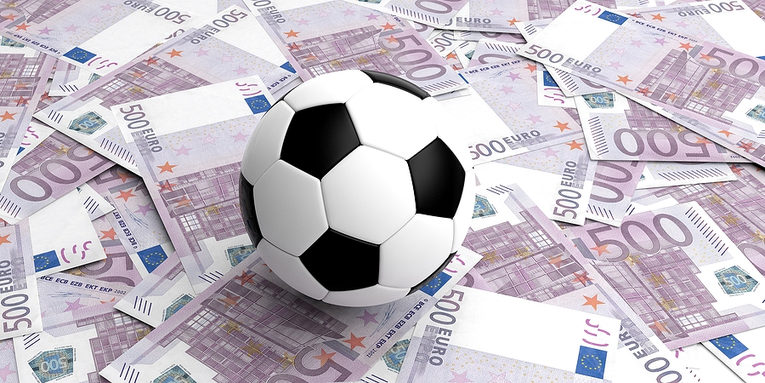 After their final game of the season was postponed without a ball being kicked, Deportivo La Coruna – La Liga winners in 2000 and Champions League semi-finalists four years later – have been relegated to Spanish football’s third tier.
After their final game of the season was postponed without a ball being kicked, Deportivo La Coruna – La Liga winners in 2000 and Champions League semi-finalists four years later – have been relegated to Spanish football’s third tier.
In a fashion befitting their woes of recent years, they suffered demotion without even kicking a ball. Their opponents on Monday evening, Fuenlabrada, had to postpone the game after as many as 12 of their players tested positive for coronavirus.
With other games going ahead and results going against them, it meant that Deportivo could only watch on and suffer their fate with not enough points on offer for them to climb out of the relegation zone.
Perhaps unsurprisingly, with the spectre of relegation to the third tier hanging over them, Deportivo have threatened legal action against the Spanish football federation.
“The surprise was that the rest of the games went ahead,” Deportivo president Fernando Vidal said after watching his side’s game get postponed. “It’s a very serious error by the Federation and by La Liga.
“It’s a total adulteration of the competition. The whole matchday has to be repeated.”
Whether that’s successful or not, this is a remarkable fall from grace for an outfit that were among Europe’s elite little over a decade ago, and who at one time or another have had Brazilian legends such as Rivaldo and Bebeto on their books.
The Weight of History

Over in Turkey, Istanbul Basaksehir have won their first ever Super Lig title this season.
This small, unfashionable club with average attendances of just 3,000 has benefited from a sub-par season from their main rivals but also significant financial investment from a consortium closely linked to the country’s leader, President Erdogan.
While Deportivo didn’t have a political powerhouse behind them during their halcyon days, they did have the cash rich director Augusto César Lendoiro, who pumped a reported £160 million of his own money into turning Depor from second tier also-rans to Spain’s top team.
However, as is often the case, when the stream of cash dries up – as it did when Lendoiro left the club shortly after their most glorious period – the tough times tend to follow.
Yoyoing between La Liga and the Segunda Division, Deportivo finally found their feat in the late 90s thanks in part to Lendoiro’s selfless spending. Their La Liga title – ending the monopoly of Real Madrid and Barcelona – came in 2000, and sustained success thereafter suggested that Depor were here to stay as a continental heavyweight.
But disillusionment soon followed, and as star names departed Depor announced a new direction, claiming they were adopting a youth policy to take the club forward. That was code for saying that the money had run out and they couldn’t afford to buy replacements.
Relegation to the Segunda duly followed, but Deportivo have shown glimpses of a revival – they lost in the play-offs last season that would have seen them return to La Liga.
But instead they will now compete in Segunda B for the first time in more than 30 years, a division separated into five regional tiers and made up of some semi-professional clubs. It completes an extraordinary – and sad – demise for Deportivo.
